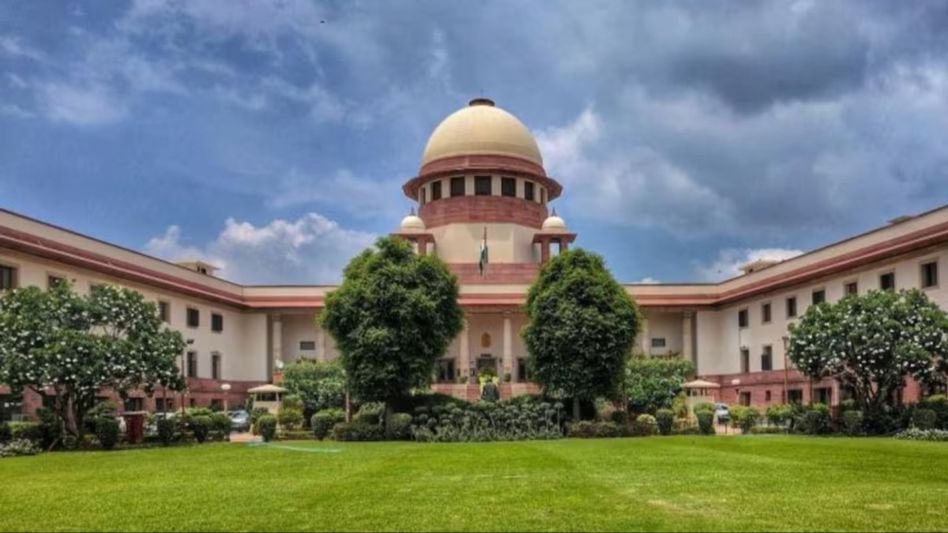Supreme Court to hear challenge against new criminal laws on May 20
The Supreme Court will hear a petition on Monday challenging the enactment of three new laws aimed at overhauling India's penal codes. The petition raises concerns over provisions allowing for extended police custody and a new definition of sedition.
 Supreme Court to hear challenge against new criminal laws on May 20
Supreme Court to hear challenge against new criminal laws on May 20The Supreme Court is set to hear a petition on Monday challenging the enactment of three new laws that aim to overhaul India's penal codes. The petition, filed by advocate Vishal Tiwari, alleges that the Bharatiya Nyaya Sanhita, Bharatiya Nagarik Suraksha Sanhita, and Bharatiya Sakshya Act suffer from "defects and discrepancies".
A vacation bench comprising Justices Bela M Trivedi and Pankaj Mithal will hear the matter. These three laws, which received the President's assent on December 25 last year, are set to replace the Indian Penal Code (IPC), the Code of Criminal Procedure (CrPC), and the Indian Evidence Act, respectively.
The petitioner has sought a stay on the operation of the new laws, claiming that they were enacted without proper parliamentary debate as most opposition members were suspended at the time. The plea also calls for the immediate constitution of an expert committee to assess the viability of the new criminal laws.
Among the concerns raised in the petition are the provisions that allow for extended police custody of up to 90 days, which the petitioner argues could enable police torture. The plea also challenges the new sedition law, which encompasses offences such as acts of secession, armed rebellion, and endangering the sovereignty or unity of the country.
Under the Bharatiya Nyaya Sanhita, anyone found guilty of exciting secession, armed rebellion, or endangering India's sovereignty or integrity can face life imprisonment or up to seven years in jail, along with a fine. This is a departure from the IPC's sedition law, which carried a maximum punishment of life imprisonment.
The new laws also introduce changes such as increased fines that can be imposed by magistrates, a new definition of terrorism, and the replacement of the term "Rajdroh" (rebellion against the ruler) with "Deshdroh" (rebellion against the nation).
The Supreme Court's hearing is expected to assess the constitutional validity and implications of these sweeping changes to India's criminal justice system.
Copyright©2025 Living Media India Limited. For reprint rights: Syndications Today









